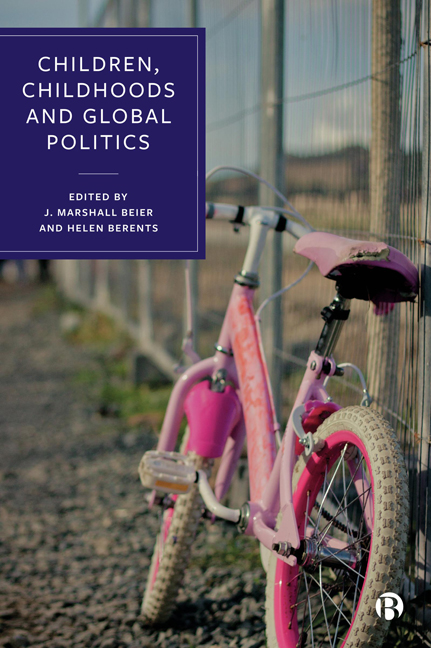3 - Stories about Children Born of Violence: Counter-narratives in the Peruvian Truth Commission’s Archive and Popular Culture
Published online by Cambridge University Press: 03 April 2024
Summary
Introduction
From 1980 to 2000, Peru experienced an internal armed conflict between the Peruvian state, the Communist Party of Peru–Shining Path (PCP-SL), the Tupac Amaru Revolutionary Movement (MRTA), and others. After the resignation of Alberto Fujimori in 2000 as president of Peru due to corruption charges, the Peruvian Truth and Reconciliation Commission (PTRC) was created by the transitional government of interim President Valentin Paniagua in 2001, with the mandate to research the causes of the conflict and the human rights violations. The PTRC was seen as part of an exemplary transitional justice case to reach a successful transition to democracy (Boesten, 2014). From 2001 to 2003, the PTRC gathered 16,986 testimonies to produce the Final Report. The PTRC relied heavily on the testimonies gathered as the emphasis was placed on victims’ narrated experiences about the conflict, and the work done for the chapter on sexual violence against women was no exception. The PTRC Final Report acknowledged that the state forces were the foremost perpetrators of sexual violence, and in doing so, it recognized that several children born of violence were born after assaults. These children were mentioned in the Final Report, public hearings, and the data gathered and produced by the PTRC as ‘abandoned children’, ‘children without a father’, ‘soldiers’ children’, or the ‘product of rape’.
Stories about children born of violence have emerged in post-conflict Peru. These stories provide alternative accounts of children born of violence that counter the promoted version of the PTRC conflict memory. The counter-narratives can be found within the realm of the PTRC in interviews, testimonies, birth certificates, and all the material gathered and produced by the PTRC that is kept in the archive and the realm of popular culture. The counter-narratives about children born of violence challenge the promoted narratives on sexual violence against women by the PTRC, in which children born of violence were portrayed as evidence to demonstrate their mother’s rape. The counter-narratives situate several narratives, but in general terms, they display that children’s identities are continuously constructed and contested in Peru nowadays.
In this chapter, the analysis of the stories about children born of violence as counter-narratives reminds us of the existence of children born of violence as more than just channels to reflect on the trauma of war, as has been suggested in the literature on children born of war (Carpenter, 2007, 2010; Seto, 2013).
- Type
- Chapter
- Information
- Children, Childhoods, and Global Politics , pp. 45 - 57Publisher: Bristol University PressPrint publication year: 2023



